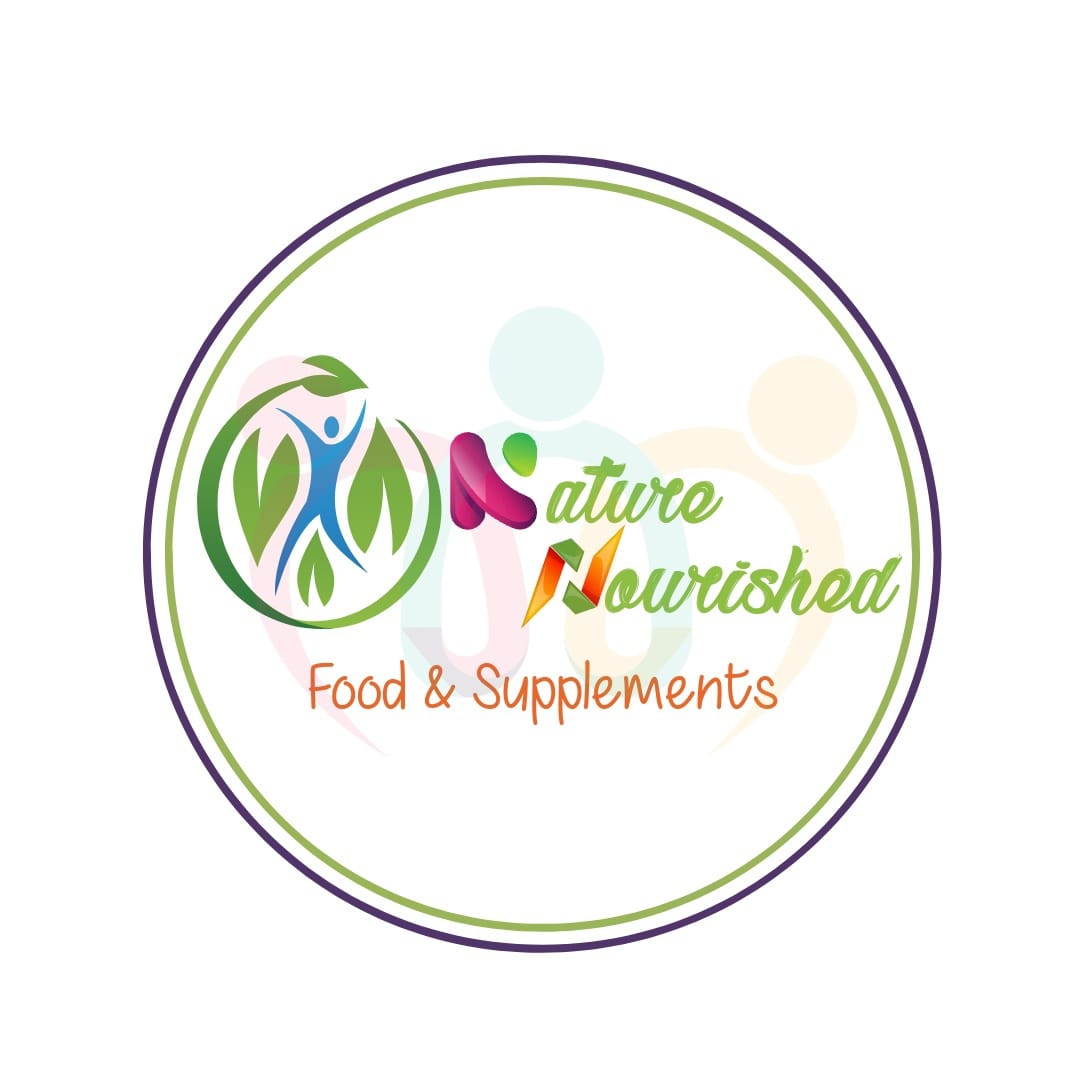When it comes to maintaining a healthy diet and managing weight, the battle against persistent hunger and cravings is real. Enter protein – a macronutrient celebrated not only for its muscle-building prowess but also for its remarkable ability to keep us feeling satisfied.
In this insightful blog, we delve into the science of satiety, uncovering the mechanisms by which protein-rich foods help control hunger and regulate appetite. By understanding these physiological processes, you’ll be better equipped to make informed dietary choices that contribute to your overall well-being.
Understanding Satiety and Appetite Regulation
The Role of Protein in Hunger Control
Protein has gained recognition for its satiating effects, and there’s good reason behind it. Consuming protein-rich foods triggers complex signals in our bodies that influence our perception of fullness and impact our eating behavior. Understanding how protein interacts with our physiological systems can empower us to make conscious choices that align with our health goals.
Hormones Involved in Appetite Regulation
Our appetite is regulated by a delicate interplay of hormones that signal to our brain when to eat and when to stop. Protein-rich foods exert their influence on these hormones, primarily through their impact on ghrelin, known as the “hunger hormone,” and peptide YY (PYY), a hormone associated with feelings of fullness. Let’s explore how these hormones respond to protein intake and contribute to appetite control.
Protein’s Impact on Satiety
Protein and Delayed Gastric Emptying
One of the mechanisms through which protein promotes satiety is by slowing down gastric emptying. This means that foods rich in protein take longer to leave the stomach, leading to a prolonged feeling of fullness. As a result, you’re less likely to experience sudden spikes and crashes in energy levels, reducing the urge to snack frequently.
Influence on Appetite-Regulating Hormones
Protein-rich foods trigger the release of peptide YY (PYY), a hormone produced in the gut that signals to the brain that you’re satisfied. Simultaneously, protein intake suppresses the production of ghrelin, the hormone responsible for stimulating hunger. This dual effect creates a favorable environment for managing appetite and reducing the likelihood of overeating.
Factors Affecting Protein’s Satiety Effect
Protein Source and Type
The satiety response to protein can vary based on the source and type of protein consumed. Whole food sources, such as lean meats, dairy, legumes, and eggs, often have a more pronounced effect on fullness compared to processed protein supplements. The specific amino acid composition of the protein also plays a role in its satiating potential.
Individual Variability in Satiety Response
While protein’s satiety effects are well-established, individual responses can differ. Some people may experience greater fullness after consuming protein-rich meals, while others may not perceive a significant difference. Factors like metabolism, gut microbiota, and personal preferences contribute to this variability.
Practical Strategies for Incorporating Protein
Balancing Protein with Other Nutrients
While protein is effective in controlling hunger, it’s essential to create balanced meals that include a variety of nutrients. Combining protein with fiber-rich carbohydrates and healthy fats ensures a comprehensive approach to satiety and overall nutrition.
Choosing Protein-Rich Snacks
Opt for protein-packed snacks that combine quality protein with other nourishing ingredients. Greek yogurt with nuts and berries, hummus with vegetable sticks, or a small serving of cottage cheese are excellent choices to keep hunger at bay between meals.
Conclusion
In the realm of hunger and appetite management, protein emerges as a potent ally. Through its impact on gastric emptying, appetite-regulating hormones, and individual responses, protein-rich foods offer a practical solution for those seeking to curb cravings and maintain a balanced diet.
By incorporating protein strategically and understanding its role in satiety, you can navigate your nutritional journey with greater confidence, making choices that contribute to your overall health and well-being.

